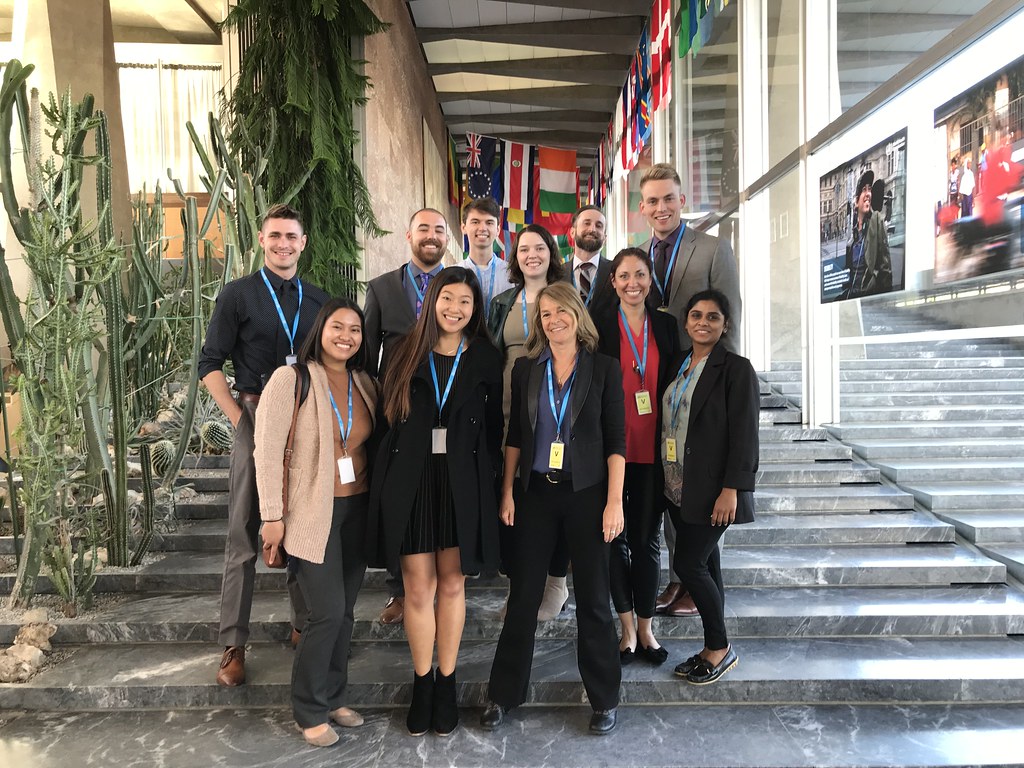Overview
Change the World Through Global Health
The Global Health concentration focuses on examining how socioeconomic, political, environmental and educational factors, among others, influence access to care, causes of illnesses and recovery in societies around the world. Students will learn to identify how ethics and human rights shape global health research, programs and policies. Students will be prepared to design, monitor and evaluate programs and work with international agencies to strengthen public health at local, national and international levels.
Why study Global Health at USC?
Students who select the Global Health concentration at USC will develop the knowledge and skills to design programs and initiatives to enhance the well-being of individuals, families and communities around the world. Students will also develop their leadership skills and examine the impacts of globalization and culture on public health. Through unique opportunities, such as our faculty-led trips and international practicum placements, students can apply what they learn in their courses to the real world immediately.
In addition to the MPH Core Requirements (22 units), students must take four courses from the Required Concentration Courses (16 units) and select one course from the Concentration Elective Courses (4 units). Students will complete 42 units in total.
PM 525 Culture and Health: Global Perspectives (4 units)
International variations in health status with a focus on the impact of socioeconomic status, politics, environment, education and gender in etiology of illness, access to health care, progression of disease, and recovery.
PM 565 Introduction to Global Health (4 units)
Current public health issues and research topics relating to 21st century challenges and threats. Lessons learned and best practices to strengthen public health systems and enhance public health readiness and preparedness.
PM 576 Global Health Research and Programs (4 units)
Introduction to the core concepts and methods of planning and implementing health-related programs and research in resource-constrained settings.
PM 577 Global Health, Law and Human Rights (4 units)
Highlights the complex interactions between global health, law and human rights, emphasizing the use of human rights in public health thinking and practice.
Students select one of the following courses:
PM 529 Environmental Health: An Epidemiological Approach (4 units)
An overview of environmental health, identifying issues in assessing effects of exposure on health and potential interventions for reducing adverse health risks.
PM 568 Ethical Issues in Public Health (4 units)
Ethical principles in the distribution of health resources, conduct of global public health research, and implementation of public health initiatives across different nations, cultures, religions.
MPH in Global Health graduates are prepared to pursue roles such as:
- Global Health Consultant
- Health Systems Analyst
- Global Health and Safety Manager
- Global Health Program Manager / Proposal Manager
- Community Specialist, Global Health and Health Care


Typical work settings for MPH in Global Health graduates:
- Multilateral agencies, such as the World Health Organization (WHO) and the United Nations (UN)
- Governmental agencies, such as the United States Agency for International Development (USAID), and the Centers for Disease Control and Prevention (CDC)
- NGOs and disaster relief organizations, such as the American Red Cross
- Foundations and philanthropists, such as the Bill and Melinda Gates Foundation
- Consulting agencies, such as Deloitte and Abbott
- Research and academic institutions


